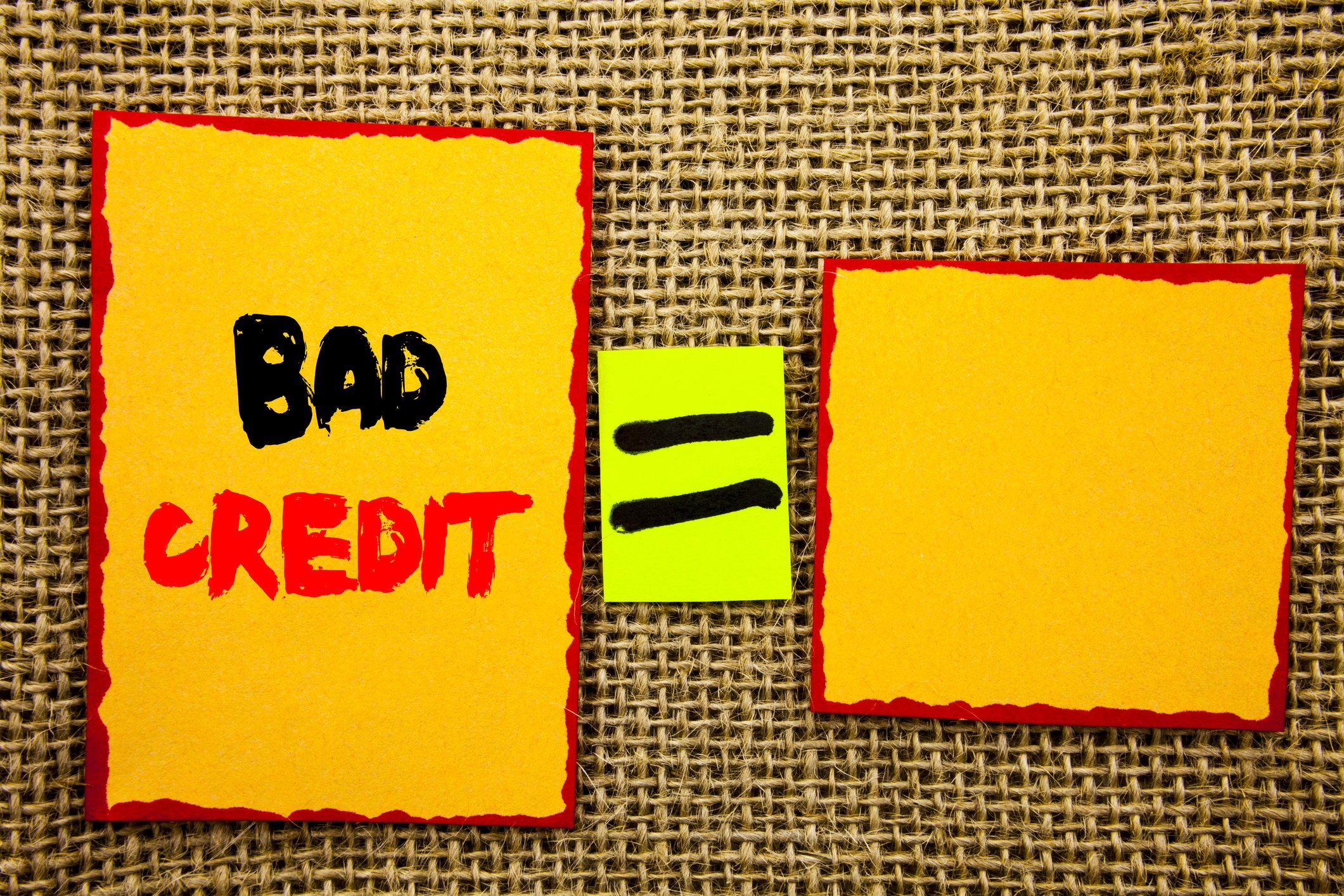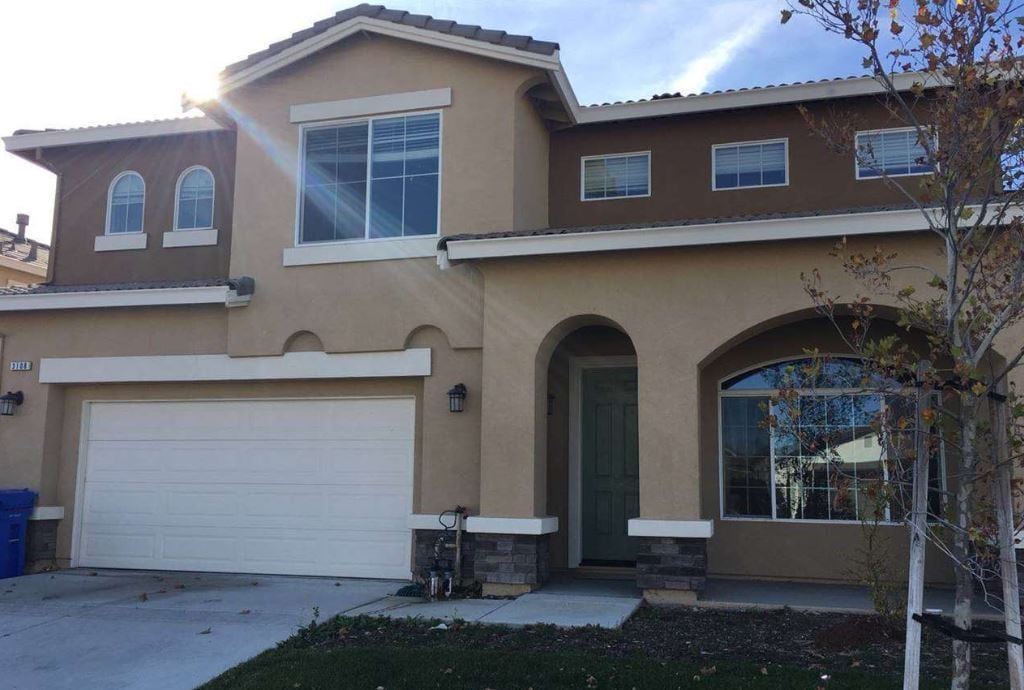Who Is Not a Good Fit for a Hard Money Loan?
Every week, FCTD receives inquiries from people who are not good matches for hard money loans. It's important to remember that hard money loans are...

Hard money loans for bad credit used to be a thing back in the housing bubble years of 2003-2007. Borrowers with low credit scores (350 to 550) or recent foreclosure activity could get a hard money loan — assuming they had enough equity in their property, which was often the main qualifier for financing.
FCTD doesn't really do hard money loans for borrowers with bad credit. If the borrower's exit strategy is to refinance out of the hard money loan, they'll most often face challenges obtaining bank or institutional financing. Most of our borrowers have FICO credit scores between 680-800.
Things changed after the 2010 Dodd-Frank Wall Street Reform and Consumer Protection Act (Dodd-Frank) established new standards for Qualified and Non-Qualified mortgages (Non-QM). The law mandated new Ability To Repay requirements for lenders making a loan against a consumer’s primary residence (consumer purpose loan). To be classified as a qualified mortgage, lenders must show that a consumer has an acceptable credit score (620+ FICO) and can afford the mortgage payments. (Some FHA lenders will allow a 580 FICO score.)
Due to the reckless lending during the housing bubble years, which led to the Great Recession and prompted the new regulations of Dodd-Frank, institutional financing for borrowers in the 500-600 FICO score range hasn’t come back.
This is important to borrowers and hard money lenders because of the implications for the two possible exit strategies for a hard money loan — refinance or sell the property.
Hard money borrowers with bad credit who want to refinance the property into a long-term residential loan often run into setbacks.
Bad credit takes time to recover. During the rebuilding phase, old accounts such as charge-offs and judgments can reappear on a person’s credit report, knocking their credit 50-60 points and below the qualifying range for a new loan — all within a month. I’ve seen it happen numerous times during my 22 years in the business.
Hard money lenders need to know that the borrower has a viable exit strategy. As a mortgage broker, it's our responsibility to pre-qualify the borrower to ensure they can refinance into long-term financing. I won’t do a hard money loan for a borrower with bad credit whose exit strategy is to refinance, unless the hard money loan is for 24-36 months, giving the borrower enough time to improve their credit.
If a hard money borrower with bad credit intends to sell the property within a 12-month loan term, it’s more likely we could do the loan. However, it’s not a guarantee. I’ve experienced a few occasions over the years when the lender refused to do the loan because the borrower’s personal credit was just so bad (460 FICO score). The lender worried the borrower would file bankruptcy, tying up the property for several months without payments, adding extra work that the lender didn’t want.
Hard money loans for bad credit are hard to come by because there isn’t take-out financing for 500-600 FICO score borrowers. Because that market doesn’t exist due to regulations, hard money lenders are apprehensive about making new loans to borrowers with bad credit unless the term is long enough (24-36 months), or the exit strategy is to sell the property.

Every week, FCTD receives inquiries from people who are not good matches for hard money loans. It's important to remember that hard money loans are...

If you’re facing foreclosure on your primary residence, you’re probably searching for ways to save your property from potential sale at auction by...

If you’re online searching for a hard money loan to solve your particular financial problem, it’s important to know if your financing scenario is for...